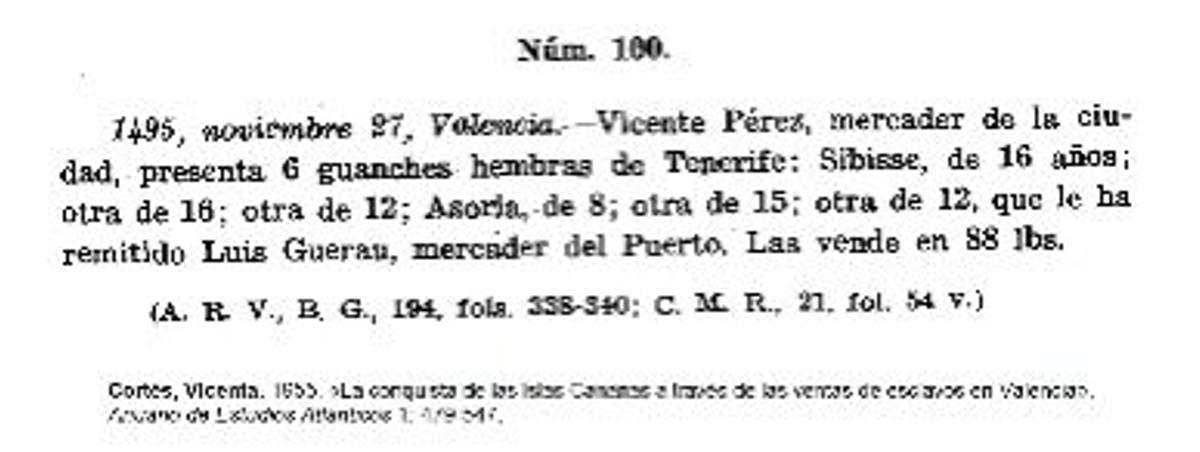The proper names are integral to the identity of a community, and within the Canary Islands, anthroponymy serves as a reflection of the history of its early inhabitants.
Unlike fleeting trends, Canarian names emerged from a deep-rooted desire to connect with the Archipelago’s heritage. Nevertheless, some of these names remain relatively unknown and even difficult to locate in contemporary times.
Top 10 Least Common Guanche Names
- Aidemiyacohan: This name, signifying supernatural force, holds a profound symbolism that evokes the resilience and spirit of the islands’ initial inhabitants.
- Eraoranhan: Referring to the God of men, this name reflects the spirituality and worldview of the ancient Canarians.
- AMUAHICÍ: Recorded during the conquest of the Canary Islands, this name belongs to an Aboriginal Guanche who lived through one of the archipelago’s most pivotal moments, the conquest.
- Amalhuyge: Translated as the King Gomero, this name commemorates the lineage of ancient rulers from La Gomera.
- Azuquahí: Meaning the brunette, or dark-skinned, this name was linked to a prince of Abenguareme, highlighting his connection with Guanche nobility.
- ABHAY: Of Guanche origin, this name means blonde hair or fair, reflecting the physical descriptions of certain aborigines from the Canary Islands.
- Benahoare: Translated as my land, my country, it refers to the indigenous name of La Palma, symbolising roots and belonging.
- Aberbequeye: A name from La Gomera, which some historians believe has Guanche origins. Its distinct sound suggests that it could very well be the hero of an island legend.
- Acadeixe: Originating from Adeje, this name encapsulates the heritage of the island’s former inhabitants in Tenerife.
- Sibisse: This name has a documented history dating back to the 15th century. Sibisse was a young aborigine from Tenerife sold into slavery in Valencia in 1495. Today, only a handful of people in the Canary Islands bear this name, with an average age of 18 years.

Slave sales in Valencia / Yearbook of Atlantic Studies
A Distinctive Anthroponymy
The origins of these names can be traced back to the Berber roots of the Guanches, the island’s former residents. Many were forcibly recorded in historical documents following the conquest, particularly in records of enslavement, turning them into a living testament of the archipelago’s history.
Although these names have faced the brink of extinction, their revitalisation represents a form of cultural resistance and a means to assert Canarian identity. Nowadays, an increasing number of families are opting for Guanche names for their children, helping to preserve this legacy.
















